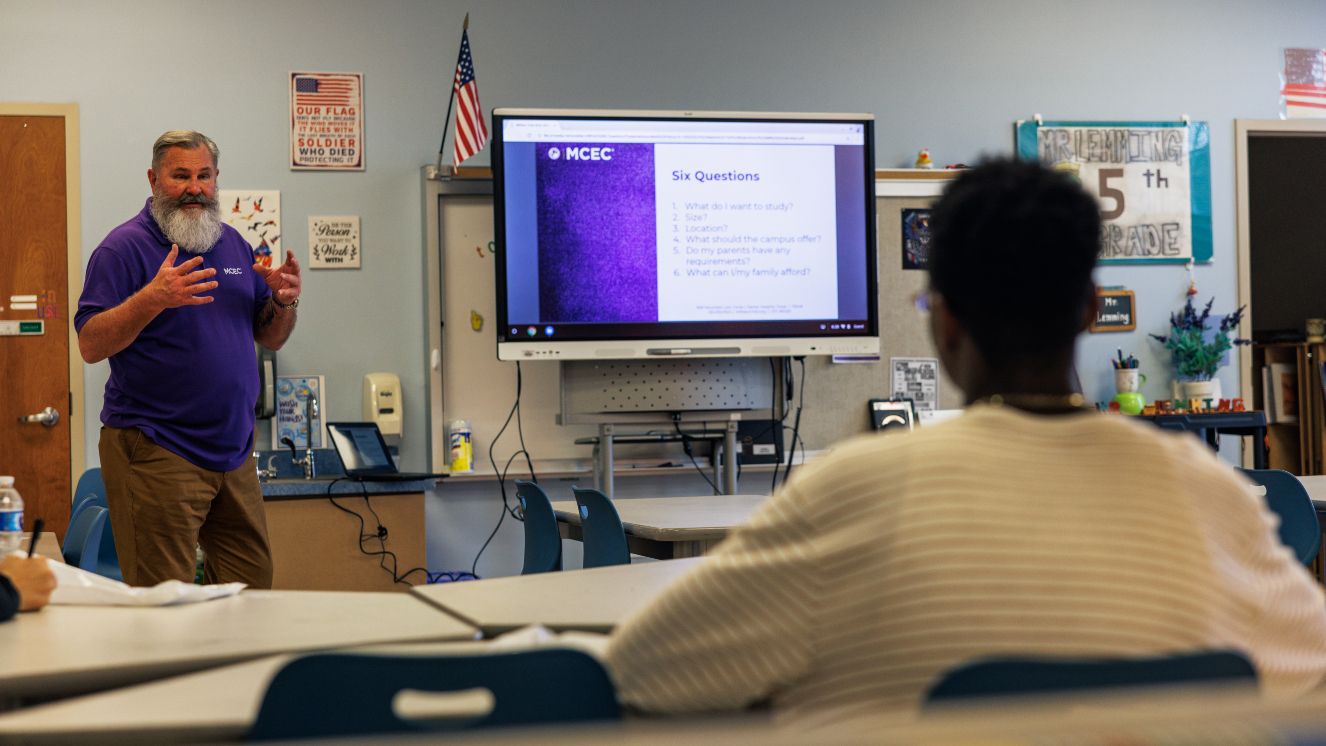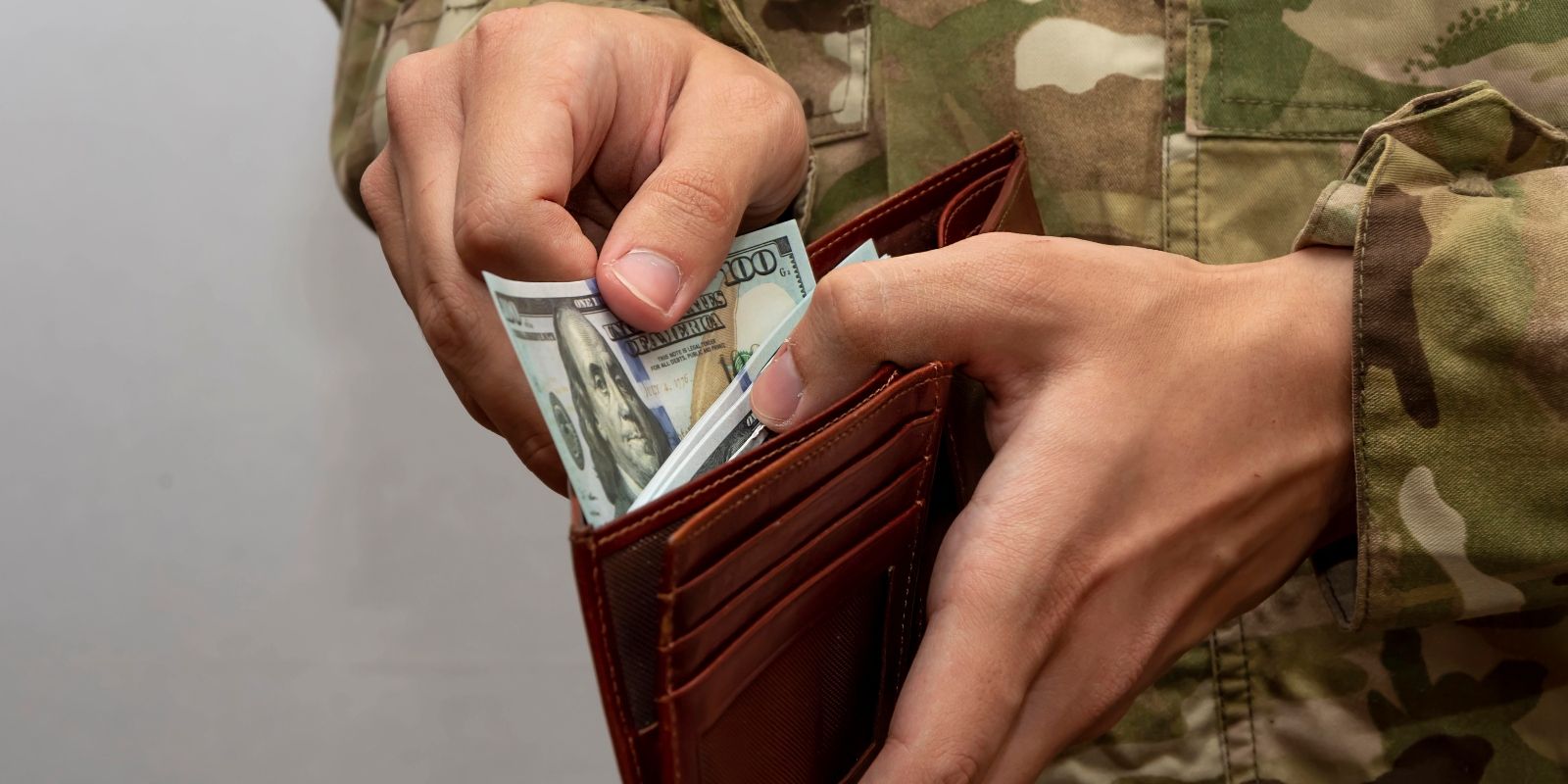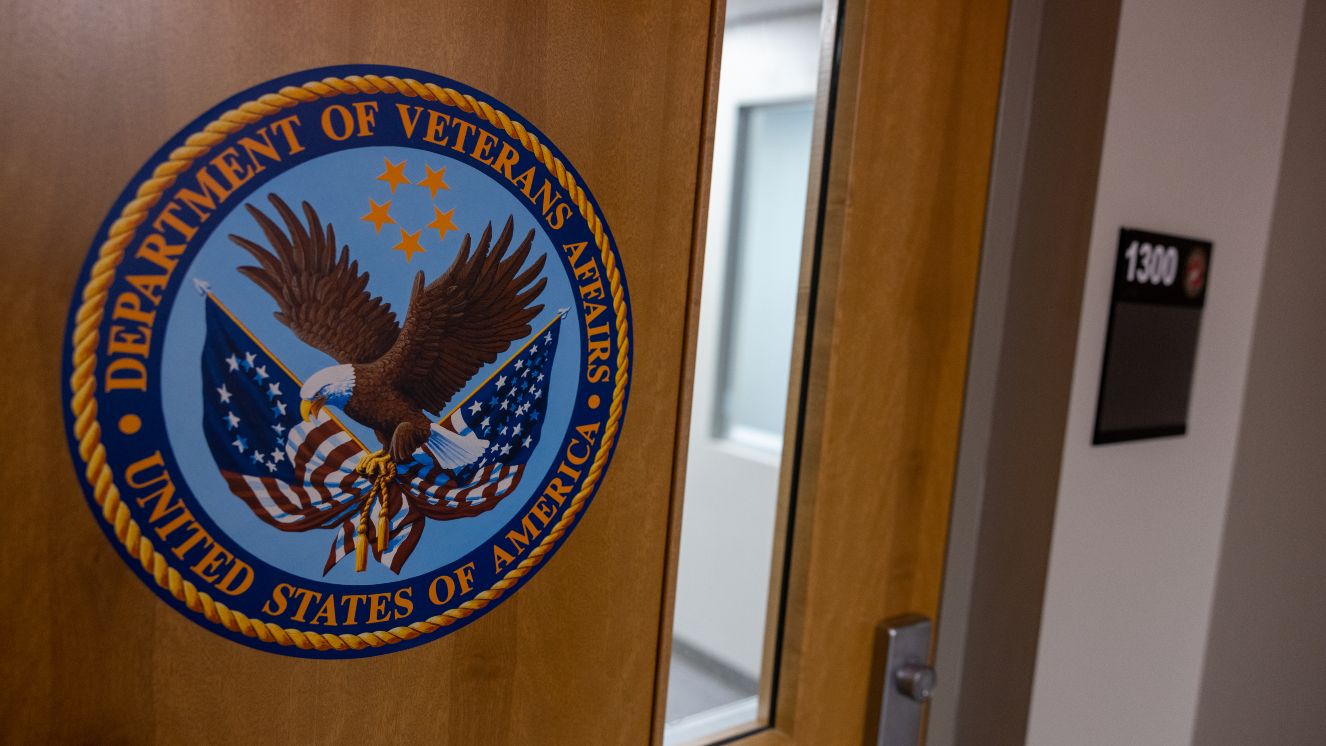THINK YOU KNOW HOW TO SURVIVE A NUCLEAR BOMB? FIND OUT HERE!
COMMENT
SHARE

Your knowledge on how to survive a nuclear bomb is tested as soon as the sudden flash of light, brighter than anything you’ve ever seen, strikes. You have seconds to react. Your survival depends on your ability to move quickly and if you know how to protect yourself. Would you be ready? Keep reading to find out how prepared you are. Learn more on how to survive a nuclear bomb below. Related read:DEFCON Levels Explained
How To Survive a Nuclear Bomb 101
While it seems like a death sentence to get stuck in the midst of a nuclear war, surviving a nuclear bomb is possible… if you play your cards right. But there’s a semblance of luck that comes along with your survival. Your chances of living through the explosion if you’re stuck at ground zero (where the bomb initially went off) are next to none. But if you’re a distance away, your odds of survival are better. A nuclear bomb radius map can indicate how likely you are to survive a nuclear explosion based on how far away you are and the type of bomb detonated. In general, there are three different damage zones: severe, moderate, and light. If you’re in the moderate and light damage zones, your chance of survival is much higher. The severe damage zone offers extremely slim chances of survival (unless you’re in a secure fallout shelter that can maybe withstand the brunt of the explosion). But if you’re in the outer ring of the explosion, there are important steps you can take to make it through the attack alive.
The First Few Moments
It can be tempting to jump in your car and try to get out of the area immediately. But this will do more harm than good and decrease your chances of surviving. It’s likely that you won’t know where the bomb went off. You also won’t know if there are more to come. Your car will NOT protect you from any blast or radiation. And that’s not even taking into account how terrible the traffic will be… rows and rows of unmoving cars… if that’s not a good enough reason to stay where you are, we don’t know what is. Staying put, especially if you’re in a bomb shelter, is ideal. It’ll lower your risk of outside radiation exposure. If you can’t make it to a bomb shelter in time, your best bet would be to find a concrete building or a basement. If that’s not possible, then try to stay in the middle of a room with little to no windows. It would also be a good idea to board and seal up any windows that are in your shelter. Overall, being in a building upwind from the explosion is going to help improve your chances of survival significantly. But knowing what is to come will also help. You’re likely to get very little to no warning of the bombing. So you may not be able to get to shelter in time. But being prepared and knowing what to expect is your best bet to adjust to any situation you’re caught in.
The Stages

There are several stages to anticipate with a nuclear blast:
- The intense wave of light, heat, and air.
- The nuclear radiation.
- The radioactive fallout.
Keep in mind that everything will happen quickly. Each stage will require a swift reaction that varies greatly on your situation when the bomb goes off. The initial flash of light will be blinding, literally. You cannot look at it or else you risk severe retina burns and temporary blindness. Averting your eyes is the first step when the bomb goes off. Next, there will be an intense wave of heat. This will cause third-degree burns to anyone who’s exposed. This is why it’s imperative that you take cover in a shelter if possible. When you’re trying to figure out how to survive a bomb blast, you can count on a secure shelter being one of the most important elements of survival. Staying in a large shelter with no windows is your best option. Let’s say you managed to survive the initial blast. You’re not completely safe yet. Next comes another pressing issue.
How To Survive Radiation from a Nuclear Bomb
Radiation exposure is a major concern. The CDC lists two types of radiation exposure to be wary of: internal and external. The internal exposure results from eating contaminated food, drinking contaminated water, and breathing in contaminated air. The contamination is likely to result from the fallout (more on that later). But if you only eat packaged foods, drink bottled water, and stay inside during the days following the nuclear blast, you can avoid the internal exposure. Limiting your travels outside will be your best bet when limiting your external radiation exposure. And when you’re dealing with the next concern we’ll cover, avoiding outside travel will be the most important part of surviving the nuclear war.
How To Survive Nuclear Fallout

1. Get Rid of Your Exposed Clothes
Clothes that came into contact and were exposed to the debris need to be discarded immediately. The clothing will absorb a lot of the fallout and radiation. It’s recommended you put them into a plastic bag and keep it as far away from yourself as possible.
2. Shower With Soap and Water
Get any fallout debris off of yourself as soon as you can. Hand sanitizer will not suffice when trying to protect your body from the radiation. So be sure to shower with soap and water, and be gentle when you’re showering to avoid cutting or irritating your skin. The last thing you want to do is break the skin and expose yourself even further. You should also try to cover any cuts you may have to avoid getting any fallout debris in them. When you’re showering, avoid using a conditioner. The properties in the product may cause the radiation to bind to your skin or hair. So, it’s best to skip that part of the shower routine for now.
3. Stay Put
Staying inside your shelter is going to be incredibly important when surviving the fallout of the nuclear explosion. You should stay put at least 48 hours after the initial explosion to avoid the high levels of radiation. But you’re better off staying put until word is released that it’s safe to travel outdoors once again. Having a radio is handy to obtain updates about the status of the fallout. How to survive a bombing all comes down to knowledge, preparation, quick thinking, and a little bit of luck. While you may not be able to survive if you’re at ground zero during the attack, you may have a better chance if you’re on the outskirts of the explosion. And if you take precautions, you may be able to survive. Let’s hope we’ll never have to use this information. But it’s important (and useful) to know how to survive a nuclear bomb… just in case.
More on How To Survive a Nuclear Bomb Attack
If you thought you knew how to survive a nuclear bomb, were you right? Was there anything we covered that you didn’t know? Let us know over on our Facebook or Twitter!Read More:The Davy Crockett Nuke, Rifle or Nuclear Weapon?
Join the Conversation
BY SHANNON LAWLOR
Shannon Lawlor is a Contributing Writer at VeteranLife.com.
Shannon Lawlor is a Contributing Writer at VeteranLife.com.



